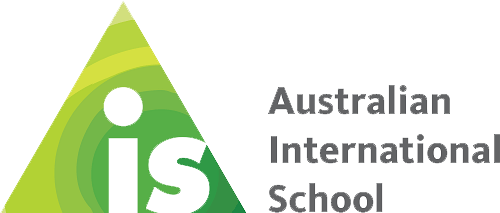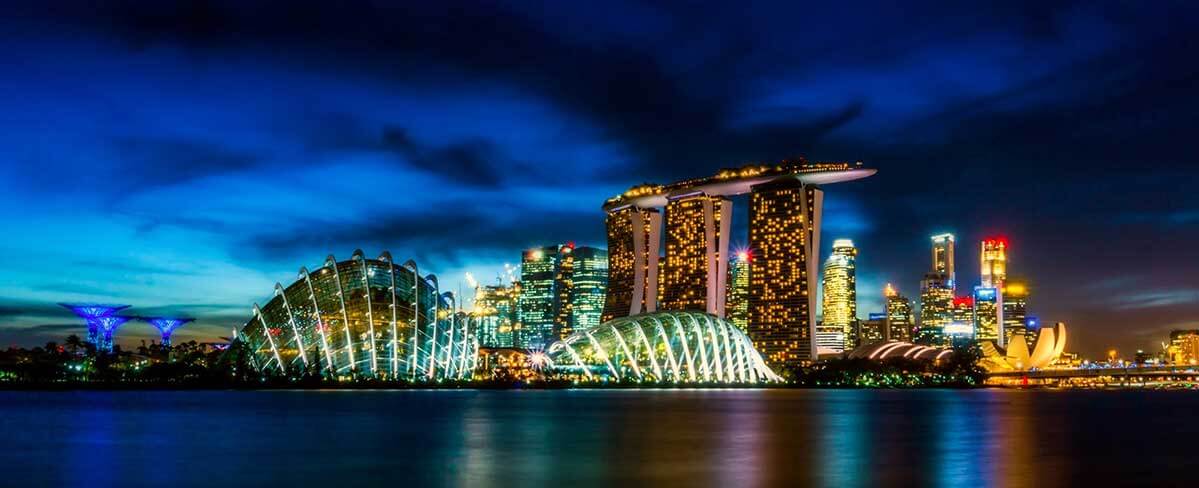Moving To Singapore From Australia: What To Expect
As one of the world’s top expat destinations, Singapore offers foreigners an excellent standard of living. Because Singapore and Australia maintain close trade ties and English is one of the Asian nation’s official languages, many Australian expats find the transition to living in Singapore relatively smooth. The cultural diversity, global economy, modern amenities and inviting tropical climate are also major selling points, luring thousands of Australians to Singapore each year.
Economy
Singapore’s growing economy boasts a high GDP and low unemployment. The service and manufacturing industries have seen some decline in recent years, but tech and e-commerce are at all-time highs. There is increasing demand for professionals to fill positions in finance, digital marketing, software and programming, data analysis and startups. Digital security positions are also widely available, offering opportunities in cybersecurity, compliance and regulation.
Housing
Singapore is a densely populated city, so suitable housing often comes at a premium. Space is limited, so most expats find the best accommodation is in high-rise apartments or condos. Many complexes offer impressive amenities like onsite playgrounds, workout facilities and pools.
Rental prices are comparable to those found in Sydney, Australia’s most expensive housing market. Average rent for a one-bedroom apartment in the Singapore city centre is around $2,680 per month, whilst a 4-bed family apartment further out of the city will cost around $6,000.
Singapore’s housing market is heavily regulated and there are lots (and lots!) of rules regarding who is permitted to buy property or land. Renting is the norm for most expats, and many begin their housing search close to where they’ll be working or sending their kids to school.
Schools
Singapore has its own schooling system and education program coordinated by the local government. However, the state funded system of public schools is difficult to access for many expatriates, with the exception of those who have attained permanent residency status. Most expats choose to enrol their children in one of the many international schools on the island, including our own Australian International School. These educational facilities offer a tuition-based approach which is predominantly bilingual, and these establishments implement some of the highest-quality schooling available in this part of the world.
In addition to some of the world’s leading international schools, Singapore is also home to 34 universities, including two ranked in the world’s top 15.
The Australian International School (AIS) is the only southern hemisphere school in Singapore that offers an Australian curriculum-based global education for students from the age of 2 months to 18 years. At AIS, they are not only focused on academic excellence but also extending learning beyond the classroom.
Permissions for living and working in Singapore
Australian expats are not required to obtain tourist visas to travel to Singapore. But if you plan to live, work or attend school in Singapore you will have to apply for an appropriate visa.
To acquire a permanent resident visa, you must have had a work visa for at least six months and get approval from your employer. Most Australian expats choose to wait a few years before applying for permanent residency.
An important note about permanent residency: Males who are at least 16.5 years of age and hold permanent residency status must register for national military service. This includes two years of full-time, mandatory service beginning at age 18, followed by 40 days per year until they reach the age of 50. If you have young sons, this may be a significant consideration for you and your family.
Practical considerations
If you have pets and plan to bring them to your new home in Singapore, there are very strict rules about the type, size and number of animals you are allowed to keep in your home. Check with Singapore’s Agri-Food and Veterinary Authority for specific information.
The cost of living in Singapore is high – particularly regarding rent, school fees and owning a car. However, taxes are relatively low, which means your money is likely to go farther, and because of Australia’s taxation agreement with Singapore, you’ll only have to pay income tax in one country.
Opening a bank account is easy, as Singapore is one of the world’s largest financial hubs and most Australian banks have branches there already. To open an account, you’ll need to present your passport and employment visa, as well as providing a qualifying deposit.
Singapore has one of the world’s best healthcare systems, both public and private. Most expats use a combination of public emergency care when it’s needed and routine care from private practice. If you become a permanent resident of Singapore, you’ll gain access to the country’s heavily subsidized healthcare system, but many expats choose private health insurance because the cost is comparable. Almost all healthcare providers speak excellent English, so there’s no need to worry about how the language barrier could impact your care.
Now you know what to expect before making the move from Australia to Singapore. With its beautiful cityscapes and diverse culture, you won’t regret embarking on your Singaporean adventure.
Moving to Singapore
If you’re considering a move to Singapore and need help navigating the education system, don’t hesitate to contact us. Our admissions team can provide you with the information and resources you need to make an informed decision about your child’s education. Contact us here today to learn more.






